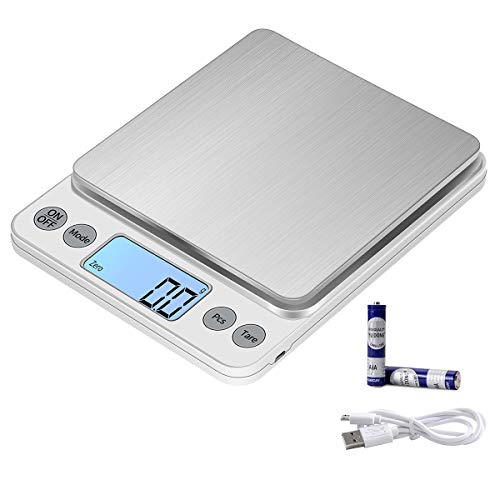Hi Alex,
I hear you! Except for the animal fats, you just described ME when I first started soaping! I wanted a 100% olive oil soap so much, but, once made, I couldn't stand the icky slime it produced when lathering up. Not only did I have to wait (a week?) to unmold, but 3 months before i could use it! UGH. I didn't have the advantage you have of getting excellent advice from all the lovely and generous people in this group.
But I digress. (1) I recently discovered a trick to get "No Slime Quick Cure" Castile that's hard enough to ship in two weeks (altho longer cure is better), that has the smooth texture of triple-milled French soaps. (2) Is something I developed for a soaping buddy by request during my early days of making transparent soaps. It's basically a rebatch with glycerin & water. Contact me off list if interested.
EMAIL: [email protected]
The OP hasn't been here in almost a year. His post is from June 2016. Not likely to get a response.













































